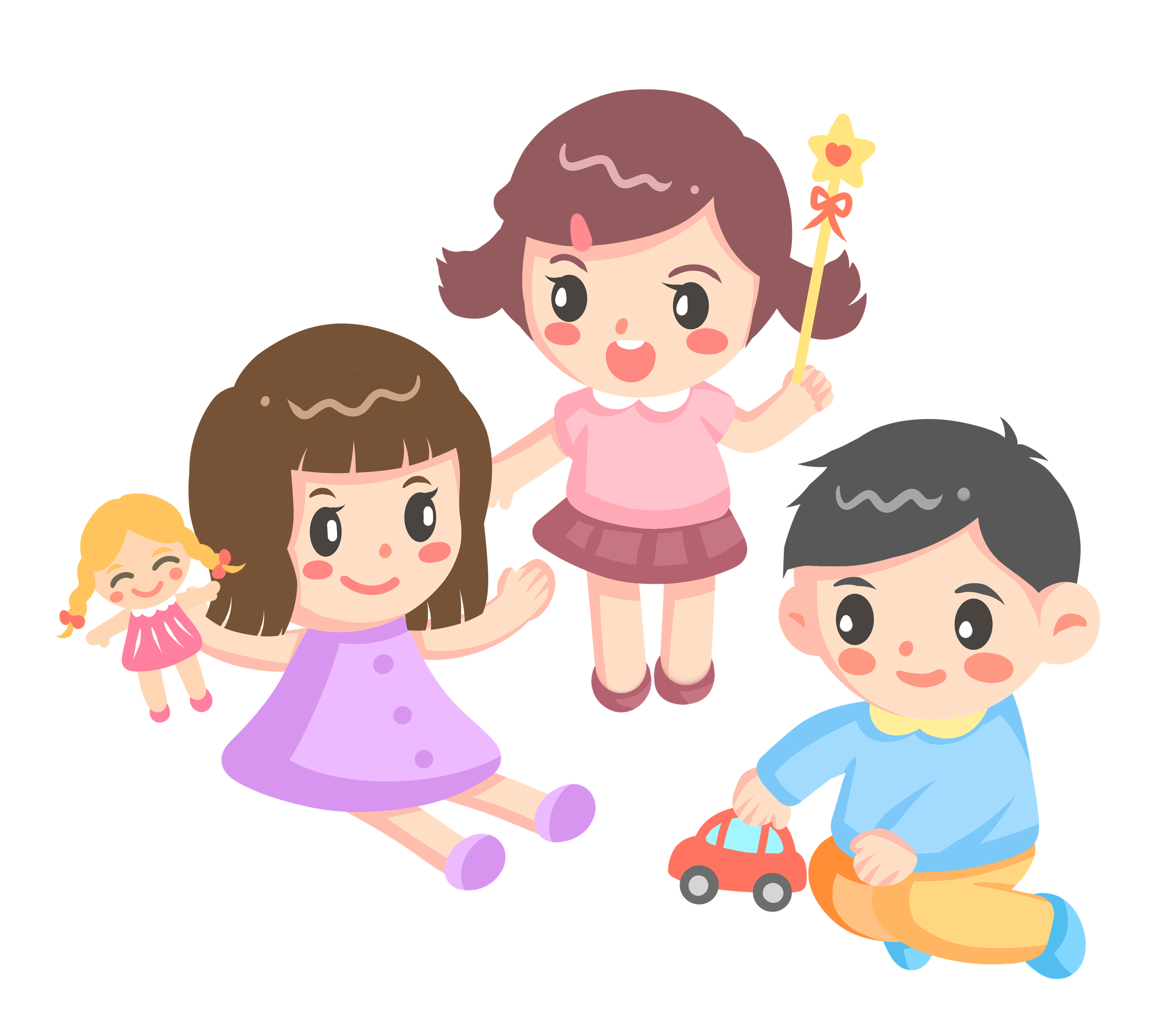I believe that many parents have encountered this situation, that is, children throw things around. You pick it up for him, and he'll throw it harder.
For the treatment of this situation, it is necessary to make different distinctions according to the age of the child.
0 to 3-year-old children, who are in the stage of rapid development of hand muscles, throwing things out is very good for exercising his hand strength, and can exercise hand-eye coordination. Parents can throw things as a way of parent-child interaction, but pay attention to throwing things to be soft and harmless, and at the same time, after the end of the game, teach children to do a good job of the aftermath.

I believe that many parents have encountered this situation, that is, children throw things around. You pick it up for him, and he'll throw it harder.
For the treatment of this situation, it is necessary to make different distinctions according to the age of the child.
0 to 3-year-old children, who are in the stage of rapid development of hand muscles, throwing things out is very good for exercising his hand strength, and can exercise hand-eye coordination. Parents can throw things as a way of parent-child interaction, but pay attention to throwing things to be soft and harmless, and at the same time, after the end of the game, teach children to do a good job of the aftermath.
Children between the ages of 4 and 6, when confronted with something, will express their dissatisfaction by throwing things. Congratulations, this shows that the child's self-awareness has begun to sprout, and he knows how to vent his negative emotions, which is more conducive to the development of mental health in the future. At this time, parents should not rush to blame or correct, let the child recognize their emotions, and learn to control the emotions, is the key to solving the problem.
Parents do the following to help their children easily do emotional management
First, increase attention to children.
Every child craves the attention and recognition of their parents. No matter what stage of the child, long-term lack of attention from parents, he will show it through some behaviors, so that parents can "see" me.
First, increase attention to children.
Every child craves the attention and recognition of their parents. No matter what stage of the child, long-term lack of attention from parents, he will show it through some behaviors, so that parents can "see" me.
Second, for the child's bad behavior, kindly and firmly say "no".
Parents face the child's littering behavior and firmly tell the child that this behavior is not good. In this process, parents talk about things, do not add a lot of their own emotions, and criticize their children.
Third, make angry "choice wheel".
Many children throw things around when they don't feel good because they don't know how to express emotions. Parents and children communicate, when we are angry, unhappy, what can we do, parents and children brainstorm together, after getting angry, we can do something, written on the "choice wheel", the next time angry, unhappy, we can take out the choice wheel, let the child choose what can be done, instead of throwing things around.
Fourth, play games with your children.
Where the language can't get there, the game can. Play can quickly increase the feelings with the child, and when the child feels the strong love of the parents, his bad behavior will naturally decrease.
First, increase attention to children.
Every child craves the attention and recognition of their parents. No matter what stage of the child, long-term lack of attention from parents, he will show it through some behaviors, so that parents can "see" me.
Second, for the child's bad behavior, kindly and firmly say "no".
Parents face the child's littering behavior and firmly tell the child that this behavior is not good. In this process, parents talk about things, do not add a lot of their own emotions, and criticize their children.
Third, make angry "choice wheel".
Many children throw things around when they don't feel good because they don't know how to express emotions. Parents and children communicate, when we are angry, unhappy, what can we do, parents and children brainstorm together, after getting angry, we can do something, written on the "choice wheel", the next time angry, unhappy, we can take out the choice wheel, let the child choose what can be done, instead of throwing things around.
Fourth, play games with your children.
Where the language can't get there, the game can. Play can quickly increase the feelings with the child, and when the child feels the strong love of the parents, his bad behavior will naturally decrease.
Fifth, give your child more love.
Sometimes, when the child is not going well, as a parent, the first reaction will be angry. In fact, you are a mirror of the child, and your behavior will directly become the object of the child's imitation. When the child is unhappy, when throwing things, parents can choose not to say anything, give him a hug, let him understand that parents' love for their children is unconditional.
Sixth, empathize with the child's emotions.
When the child is not happy, parents should not accuse the child of doing this badly, that doing it wrong. Parents just need to listen and feedback the child's emotions to him, in this process, can not bring any judgment, otherwise, the child will be more and more willing to communicate with you. Parents are willing to listen, resonate with their children's emotions, and children will find solutions on their own.